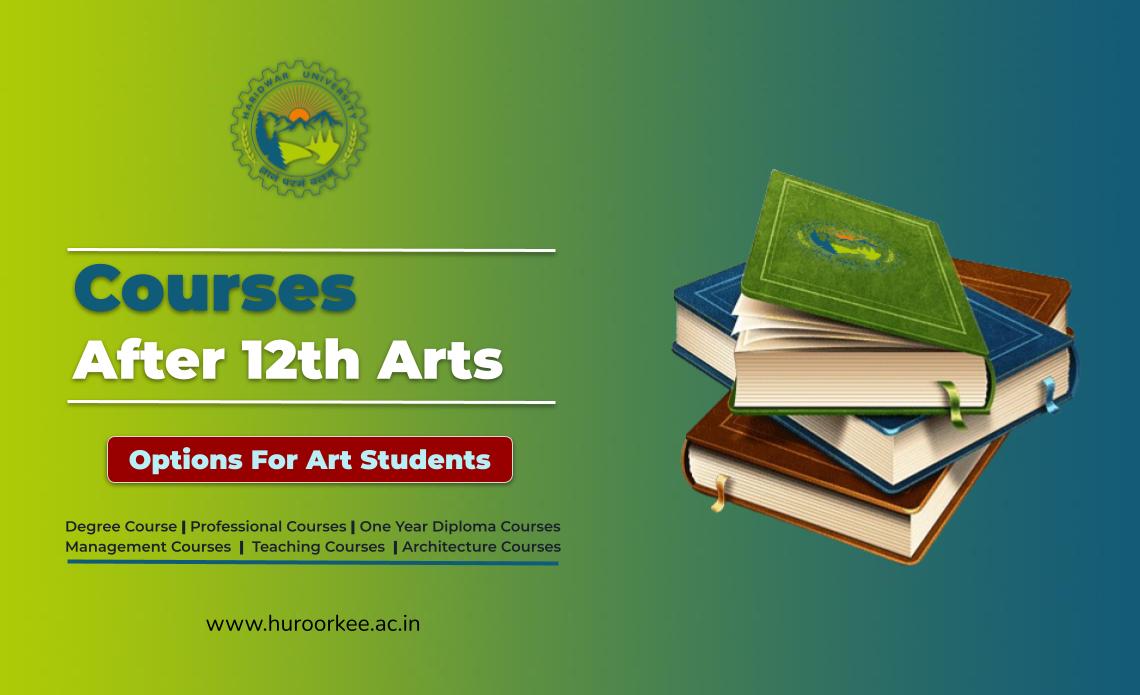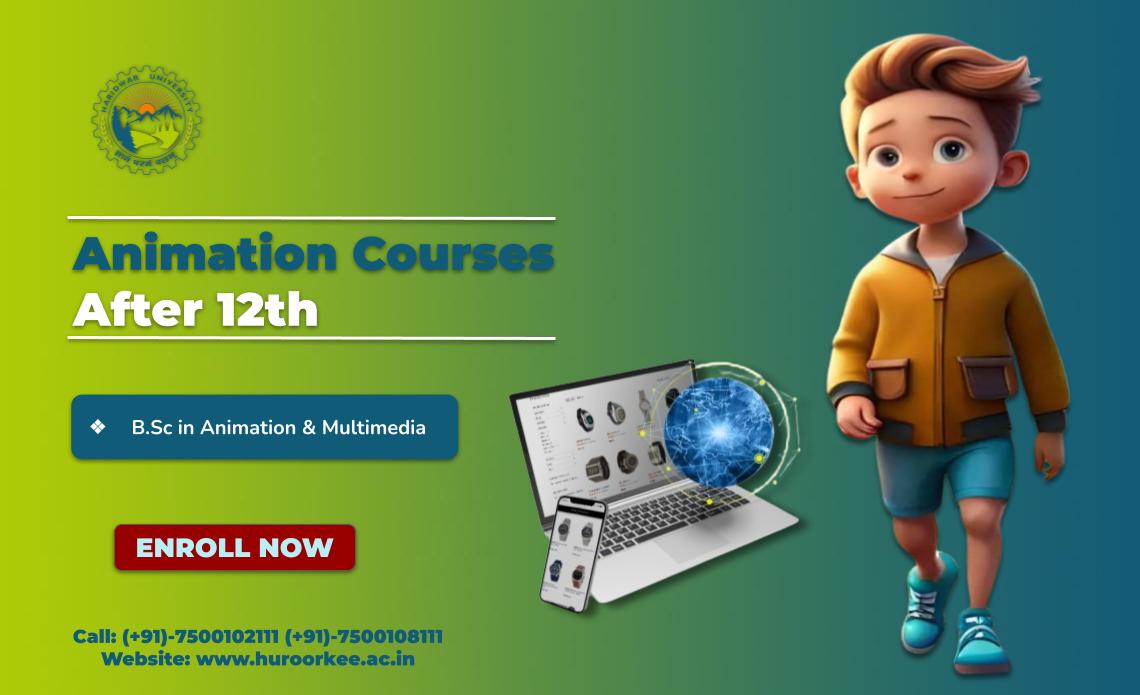While NEET (National Eligibility Entrance Test) is a gateway to MBBS and BDS programs in India, numerous exciting medical courses don’t require it. These avenues cater to diverse interests and skills within the healthcare realm, offering fulfilling career paths.
Overview: Some Medical Courses After 12th Without NEET
Here’s an overview of some medical courses available in India after 12th without the requirement of NEET, presented in a table format:

If you’re interested in pursuing a career in the medical field without appearing for the NEET (National Eligibility cum Entrance Test), there are several options available in India. Here are some medical courses you can consider after completing 12th grade without NEET:
1. BSc Nursing
Nursing is a highly respected profession in healthcare. You can pursue a B.Sc. in Nursing, which typically has a duration of 4 years. After completing this degree, you can work as a registered nurse in hospitals, clinics, or community health settings.
- Duration: 4 years
- Focus: Patient care, clinical skills, healthcare delivery
- Career prospects: Staff nurse, nurse educator, community health nurse, research nurse
2. Bachelor of Pharmacy (B.Pharm)
B.Pharm is a 4-year undergraduate degree program that focuses on pharmaceutical sciences. After completing this degree, you can work as a pharmacist in pharmacies, hospitals, pharmaceutical companies, or research institutions.
- Duration: 4 years
- Focus: Pharmaceutical formulations, drug interactions, drug analysis
- Career prospects: Pharmacist, drug discovery researcher, medical representative, quality control analyst
Are you passionate about the pharmaceutical sciences and aspiring to make a difference in healthcare? +no further than Haridwar University, where we offer a premier Bachelor of Pharmacy (B.Pharm) program. Nestled in the serene landscapes of Uttarakhand, Haridwar University is committed to nurturing the next generation of pharmaceutical leaders through innovative education, cutting-edge research, and experiential learning.
3. BSc Biotechnology
BSc Biotechnology is a 3-year undergraduate program that delves into the exciting world of using biological processes, living organisms, or parts thereof to develop various products and processes. It’s an interdisciplinary field, drawing upon biology, chemistry, physics, mathematics, and engineering to create innovative solutions in areas like healthcare, medicine, agriculture, food science, and environmental science.
- Duration: 3 years
- Focus: Genetic engineering, cell biology, bioinformatics
- Career prospects: Research scientist, biotechnologist, quality control specialist, genetic counselor
4. Bachelor of Physiotherapy (BPT)
BPT is a 4.5-year undergraduate degree program that trains students to become physiotherapists. Physiotherapists help patients improve their physical movement and function through exercises and other therapies.
- Duration: 4.5 years
- Focus: Physical rehabilitation, movement disorders, exercise therapy
- Career prospects: Physiotherapist, sports physiotherapist, pediatric physiotherapist, geriatric physiotherapist
5. BSc Medical Laboratory Technology
B.Sc. MLT is a 3-year undergraduate degree program that focuses on laboratory techniques used in the diagnosis, treatment, and prevention of diseases. Graduates can work as laboratory technologists in hospitals, diagnostic laboratories, or research institutions.
- Duration: 3 years
- Focus: Medical laboratory testing, blood banking, microbiology
- Career prospects: Medical laboratory technician, histotechnologist, cytotechnologist, phlebotomist
6. BSc Psychology
Pursuing a Bachelor of Science (B.Sc.) in Psychology is an excellent choice for those interested in the medical field but do not wish to take NEET. Psychology is the scientific study of the human mind and behavior, and it has numerous applications in healthcare, counseling, education, research, and various other fields.
- Duration: 3 years
- Focus: Mental health, human behavior, cognitive processes
- Career prospects: Clinical psychologist, counseling psychologist, school psychologist, industrial-organizational psychologist
7. Bachelor of Occupational Therapy (BOT)
BOT is a 4.5-year undergraduate degree program that trains students to become occupational therapists. Occupational therapists help individuals improve their ability to perform daily activities and work-related tasks.
- Duration: 4.5-year
- Focus: Neuroscience, Kinesiology, Anatomy and physiology,
- Career prospects: Hospitals, counseling psychologist, Clinics, Mental health facilities
8. Bachelor of Science (B.Sc.) in Radiology and Imaging Technology
B.Sc. in Radiology and Imaging Technology is a 3-year undergraduate degree program that trains students in various imaging techniques such as X-rays, CT scans, MRI scans, and ultrasound. Graduates can work as radiology technologists in hospitals, diagnostic centers, or clinics.
- Duration: 3-year
- Focus: Patient care, Anatomy and physiology, Radiation physics and protection
- Career prospects: Radiologic Technologist, Imaging Modality Specialist, Radiation Therapist
9. Bachelor of Optometry (B.Optom)
B.Optom is a 4-year undergraduate degree program that focuses on eye care and vision science. Optometrists provide primary eye care services such as vision testing, prescribing corrective lenses, and detecting eye diseases.
- Duration: 4-year
- Focus: Diagnosis and management of primary eye care, Ocular pharmacology
- Career prospects: Primary Eye Care, Pediatric Optometry, Contact Lens Specialists
Additional Paramedical Courses:
- Ophthalmic Technician
- Operation Theatre Technician
- Cardiac Perfusion Technology
- Anesthesia Technician
- Radiography
These are just a few examples, and many other specialized programs exist. Remember, the ideal course aligns with your interests, aptitudes, and career aspirations. Explore thoroughly, talk to professionals in the field, and make an informed decision for a fulfilling journey in the medical field!
The “best” medical course without NEET depends on various factors such as your interests, career goals, aptitude, and opportunities available in the field. Each medical course offers unique opportunities and career paths. Here’s a brief overview of some popular options:
Bachelor of Pharmacy (B.Pharm): Suitable for those interested in pharmaceutical sciences, drug research, and development.
Bachelor of Science in Nursing (B.Sc Nursing): Ideal for individuals passionate about patient care, healthcare, and nursing practice.
Bachelor of Physiotherapy (BPT): Suited for those interested in physical movement, therapy, and rehabilitation of patients.
Bachelor of Occupational Therapy (BOT): Good choice for those interested in assisting individuals with physical, mental, or developmental conditions to participate in daily activities.
Bachelor of Optometry (B.Optom): Suitable for individuals interested in eye care, vision assessment, and correction.
The best course for you would depend on your personal interests, career aspirations, and the opportunities available in your area. It’s important to research each option thoroughly, consider your strengths and interests, and evaluate the potential career prospects before making a decision. Additionally, consulting with career counselors or professionals in the field can provide valuable insights to help you make an informed choice.
In India, the standard route to becoming a medical doctor typically involves clearing the National Eligibility cum Entrance Test (NEET). NEET is the entrance examination for admission to undergraduate medical courses (MBBS/BDS) in various medical colleges across the country.
However, there are alternative medical careers available that do not require clearing NEET. These include pursuing courses such as Bachelor of Pharmacy (B.Pharm), Bachelor of Science in Nursing (B.Sc Nursing), Bachelor of Physiotherapy (BPT), Bachelor of Occupational Therapy (BOT), Bachelor of Optometry (B.Optom), among others. These courses lead to careers in pharmaceuticals, nursing, physiotherapy, occupational therapy, optometry, and related fields.
If your goal is specifically to become a medical doctor (MBBS) in India, then clearing NEET is generally a prerequisite. However, if you’re interested in other medical professions, there are plenty of options available that do not require NEET. It’s essential to research and choose a career path that aligns with your interests, skills, and career goals.
In India, admission to most medical colleges for undergraduate medical courses like MBBS (Bachelor of Medicine, Bachelor of Surgery) and BDS (Bachelor of Dental Surgery) is primarily based on performance in the National Eligibility cum Entrance Test (NEET). NEET is a mandatory examination conducted by the National Testing Agency (NTA) for students aspiring to pursue medical and dental courses in India.
However, there are some exceptions and alternative routes to pursue medical education without clearing NEET. These include:
Management Quota Seats: Some private medical colleges may offer a certain percentage of seats under management quota. These seats are filled through direct admission based on merit or by paying a higher fee. However, the availability of such seats varies from college to college, and admission criteria may differ.
Study Abroad: Students can consider studying medicine abroad in countries where NEET is not mandatory for admission. Many countries offer medical programs that are recognized internationally. However, students need to ensure that they meet the eligibility criteria and fulfill the requirements for practicing medicine in India after completing their studies abroad.
Alternative Medical Careers: As mentioned earlier, there are several medical courses such as Bachelor of Pharmacy (B.Pharm), Bachelor of Science in Nursing (B.Sc Nursing), Bachelor of Physiotherapy (BPT), Bachelor of Occupational Therapy (BOT), Bachelor of Optometry (B.Optom), etc., that do not require clearing NEET for admission. These courses lead to careers in allied healthcare professions.
It’s important to thoroughly research and consider the options available based on your interests, career goals, and eligibility criteria. Additionally, it’s advisable to consult with academic counselors, career advisors, and professionals in the field to make an informed decision.
After completing 12th grade, there are several medical career options available in India that do not require pursuing traditional MBBS (Bachelor of Medicine, Bachelor of Surgery) or BDS (Bachelor of Dental Surgery) degrees. Here are some medical jobs you can consider after 12th grade:
Nursing: You can pursue a career in nursing by completing a diploma or bachelor’s degree in nursing. Nurses play a crucial role in patient care, assisting doctors, administering medications, and providing support to patients and their families.
Pharmacy: You can opt for a career in pharmacy by pursuing a diploma or bachelor’s degree in pharmacy (D. Pharm or B. Pharm). Pharmacists work in pharmacies, hospitals, and pharmaceutical companies, dispensing medications, providing drug information, and counseling patients on medication use.
Physiotherapy: You can become a physiotherapist by completing a bachelor’s degree in physiotherapy (BPT). Physiotherapists help patients with physical injuries, disabilities, or illnesses to regain movement and function through exercises, manual therapy, and other interventions.
Occupational Therapy: You can pursue a career in occupational therapy by completing a bachelor’s degree in occupational therapy (BOT). Occupational therapists help individuals with physical, mental, or developmental challenges to participate in daily activities and improve their quality of life.
Optometry: You can become an optometrist by completing a bachelor’s degree in optometry (B.Optom). Optometrists specialize in eye care, performing eye exams, prescribing corrective lenses, and diagnosing and managing eye conditions.
Medical Laboratory Technology: You can pursue a diploma or bachelor’s degree in medical laboratory technology (DMLT or BMLT). Medical laboratory technologists work in laboratories, conducting tests on patient samples to assist in the diagnosis and treatment of diseases.
Radiography and Imaging Technology: You can become a radiographer or imaging technologist by completing a diploma or bachelor’s degree in radiography or medical imaging technology. Radiographers operate medical imaging equipment such as X-ray, MRI, and CT scanners to create diagnostic images.
These are just a few examples of medical career options available after completing 12th grade. Each of these fields offers rewarding opportunities for those interested in healthcare and helping others. It’s essential to research each option thoroughly, consider your interests and strengths, and choose a career path that aligns with your goals and aspirations.






